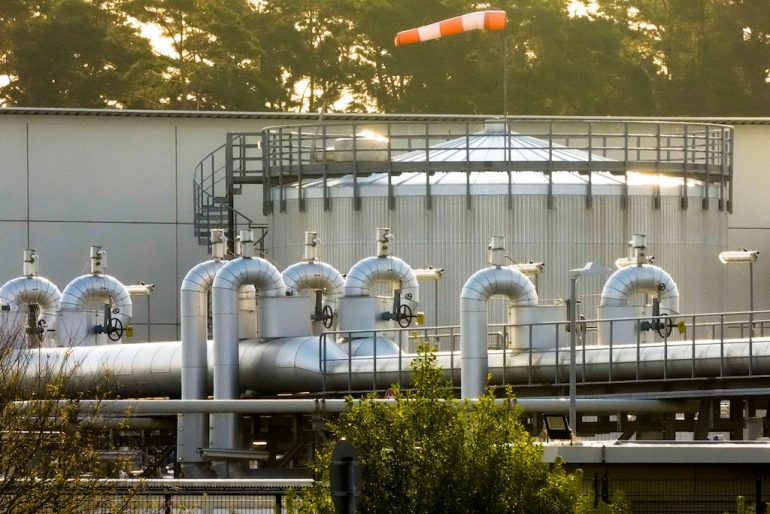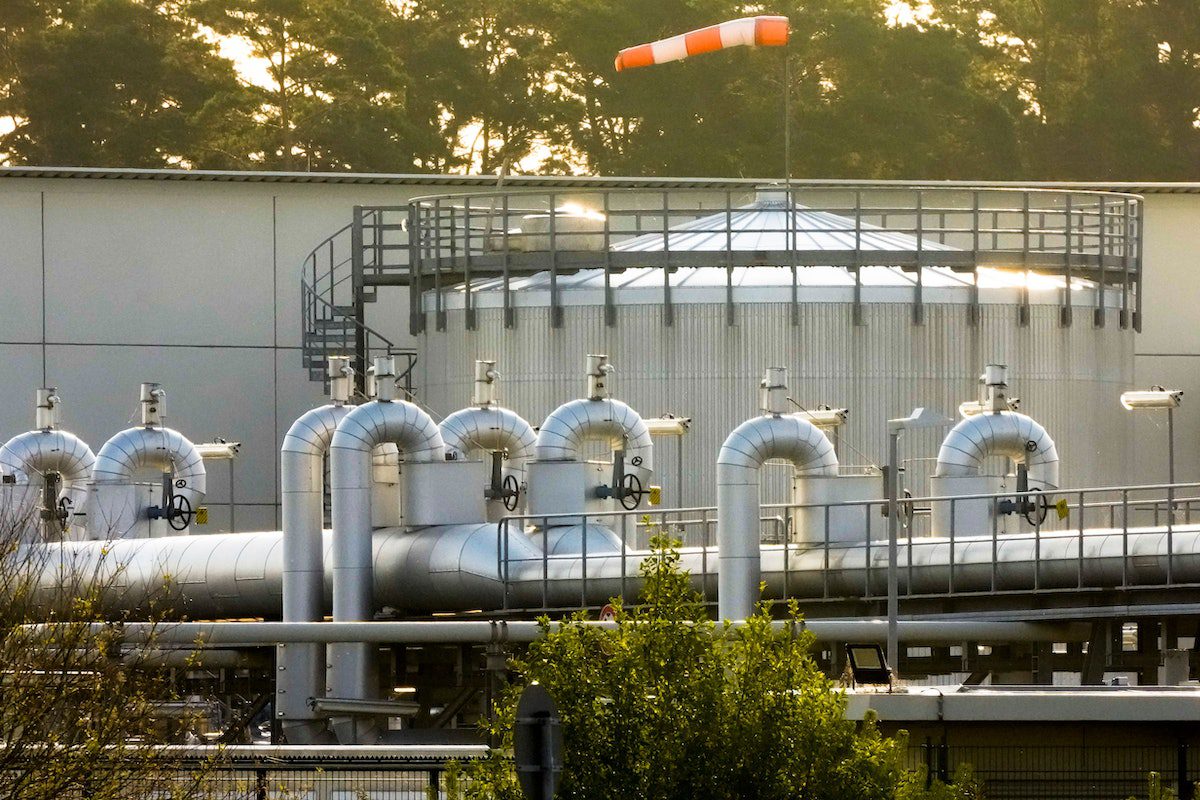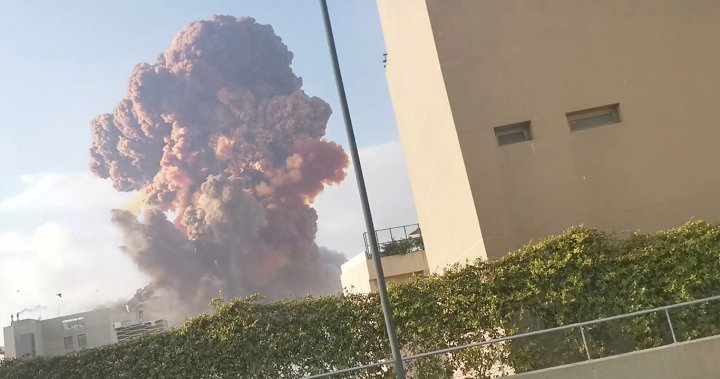Was the gas turbine for Nord Stream 1, currently stuck in Germany, the only one in Canada? The new information raises doubts about the known condition.
The Kremlin claimed for weeks that a missing Siemens turbine from Canada was to blame for the low gas supply. Politicians in Germany could not and would not believe that there is a turbine problem. He saw a political problem rather than a technical one. According to estimates, Kremlin boss Vladimir Putin simply does not want to deliver gas.
But now it turns out that Canada may have even more Siemens turbines: Canadian Foreign Minister Melanie Jolie surprisingly announced that Canada wants to return five more turbines for Nord Stream 1.
The situation became even more confusing: soon after, the Russian state-owned company Gazprom reported that there were currently no more turbines for Portovaya station in Canada. In Russia, there is only one starting point for Nord Stream 1 at Portovaya, so the remaining five turbines cannot be used in any other way.
Five more gas turbines for Nord Stream 1 in Canada?
Siemens Energy’s response to a question from Berliner Zeitung fits with this: The service provider and manufacturer of the turbines confirmed that Canada did indeed allow its waiver in July for Nord Stream 1 to transport a total of six turbines Was. Pipeline to Germany.
But Siemens is silent on the specific number of turbines: “I can neither confirm nor deny how many turbines were, are, or will be in Canada in the future,” said a company spokesperson.
“One turbine has been in Mülheim for several weeks,” the Siemens spokesman continued. When asked where the other five turbines would have to be used, if not in Russia, he did not comment. Yes, Siemens is the service provider, but Gazprom owns the turbines.
Another spokesman for Siemens Energy also told Berliner Zeitung in mid-July that only one turbine had been repaired in Montreal at the time. Neither Siemens nor Gazprom nor the federal government gave accurate information about the total number of turbines.
At the same time, Berliner Zeitung asked Nord Stream AG, the operator of Nord Stream 1, based in Switzerland, why Gazprom distanced itself from five other turbines in Canada. The answer is yet to come.
Gas flow through Nord Stream 1: no clarity in sight
In late July, Gazprom again reduced gas flow to Europe via Nord Stream 1 by 40 to 20 percent. Between 40 and 63 percent of the maximum contracted gas volume from Russia also comes to Europe via Ukraine.
Gazprom recently explained the latest throttling of gas flow in the Baltic Sea by shutting down another Siemens turbine at the Portovaya compressor station for “routine maintenance”. Gazprom did not mention turbines in Canada. Siemens spokeswoman: “There are no new conditions for the maintenance or potential maintenance of the turbines in relation to Nord Stream 1. Due to “maintenance work”, operator Nord Stream AG recently announced that there would be no gas for three days. Let the line flow at the end of August.
The position of the federal government remains unchanged: Moscow is only pretending to have technical problems.

Devoted web advocate. Bacon scholar. Internet lover. Passionate twitteraholic. Unable to type with boxing gloves on. Lifelong beer fanatic.






